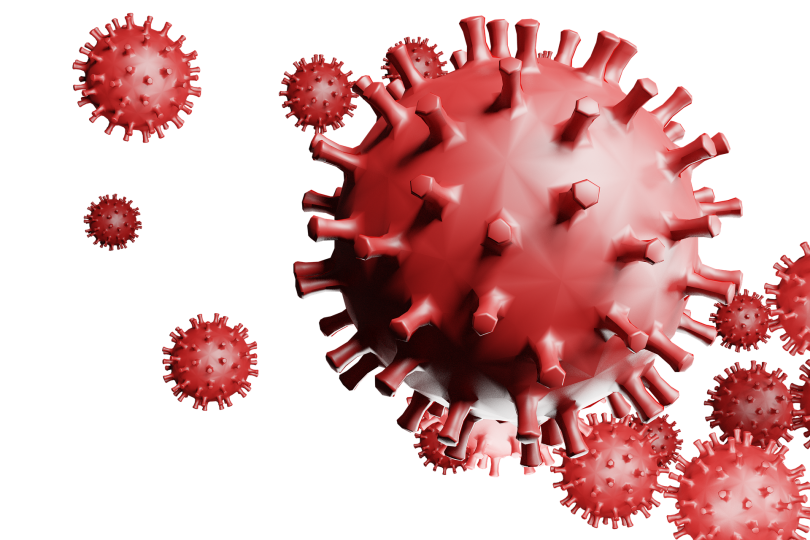Industry organizations have responded in anger to continued claims being made by some companies about the supposed power of cannabinoids in tackling COVID-19.
Both the National Organization for the Reform of Marijuana Laws (NORML) and the International Association for Cannabinoid Medicines (IACM) have criticized continued assertions that cannabidiol (CBD) could have some impact on the ongoing pandemic–aware of the reputational damage such unproven declarations could do to the industry as a whole.
NORML has issued multiple statements on the topic warning consumers that unscrupulous retailers have continued to make claims that cannabis could have some impact on the coronavirus. It points to several recent examples of enforcement action taken against cannabinoid-related companies.
“In this time of crisis, some predatory marketers are seeking to profit by selling a host of products under a variety of false or unsubstantiated claims. Some of these marketers are explicitly targeting cannabis consumers,” NORML said. “Yet despite these and other claims, including those spreading on social media, there is as of yet no substantiated clinical data supporting either the prophylactic or therapeutic use of cannabis products in the treatment of COVID-19.”
It added that several mass-market emails continue to spam inboxes with doctored news articles claiming CBD oils and gummies were novel coronavirus therapies.
“If something sounds too good to be true, it likely is. During these difficult times, we encourage people to be skeptical of any unsubstantiated claims, particularly those circulating online, surrounding the use of cannabis or any other uncorroborated treatment for COVID-19,” said NORML executive director Erik Altieri.
In fact, because the coronavirus causes a respiratory illness, NORML has taken a somewhat unusual stance of suggesting consumers limit or avoid exposure to smoke of any kind.
Meanwhile, the IACM has issued a very similar message in face of continued claims.
“There is no evidence that individual cannabinoids–such as CBD, cannabigerol (CBG), or tetrahydrocannabinol (THC)–or cannabis preparations protect against infection with the SARS-CoV2 virus or could be used to treat COVID-19, the disease produced by this virus,” the IACM said.
“Please do not pass on false information that is circulating on the internet. Let us be in solidarity during this time, especially with those who are particularly at risk from such an infection.”
The organization added that there was no evidence to support claims made by opponents of cannabis liberalization. A number of anti-cannabis campaigners in the US recently claimed there was a correlation between states where cannabis had been legalized and higher rates of infection. However, the IACM said there was no evidence that the use of cannabinoids could increase the risk of viral infection.
In CBD-Intel’s view, cannabinoid organizations are right to say that false claims about the curing or alleviation of COVID-19 could do significant damage to the reputation of the industry as a whole–damage that might be hard to repair.
It’s easy to argue that companies that are making and marketing CBD/CBG hand gel are trying to do good–particularly those distributing free gels to frontline organizations (though of course they do get a marketing boost from their actions).
But any even implied claim that the addition of CBD/CBG makes any product more effective against coronaviruses is liable to be counterproductive–at best irrelevant to the maintenance of public health and at worst positively harmful.
Whatever positive benefits CBD may have in other areas, it is worth saying again, as CBD-Intel has said before: There is no evidence that CBD can help in any way with COVID-19.
Image Source: https://pixabay.com/illustrations/covid-19-coronavirus-corona-virus-4996393/
CBD-Intel provides impartial, independent and premium market and regulatory analysis, legal tracking, and quantitative data for the CBD sector worldwide.
We provide our clients with the tools to navigate this fast-moving sector, tailor their business strategy, optimize resources and make informed decisions. In addition, we offer customized research and consultancy support.










